
“It’s absurd,” said Peter Zalmayev, president of the Eurasia Initiative at Columbia University and an expert on human rights in the region… Nazarbayev “has been mired in one scandal after another, and they’re coming up with all sorts of reasons to secure his legacy, wash his sins,” Zalmayev said. “This is all part of that phenomenon.”
Two U.S. lawmakers are pushing for a Nobel Peace Prize to go to a politician accused of taking bribes, abusing human rights, and profiting from widespread and sometimes violent election fraud.
But the lawmakers say Nursultan Nazarbayev, president of the central Asian republic of Kazakhstan, deserves the award for “reaffirming the worth and advancing the rights of the human person,” according to Reps. Darrell Issa, R-Calif., and Charlie Melancon, D-La., in a recent email to fellow lawmakers.
Their reason? As president of a former Soviet republic the USSR had armed with nuclear weapons, Nazarbayev gave up much of his country’s nuclear capacity, including its weapons stockpile.
“It’s absurd,” said Peter Zalmayev, president of the Eurasia Initiative at Columbia University and an expert on human rights in the region.
Nazarbayev “has been mired in one scandal after another, and they’re coming up with all sorts of reasons to secure his legacy, wash his sins,” Zalmayev said. “This is all part of that phenomenon.”
Nazarbayev has been toasted by prominent Americans and nuclear non-proliferation experts for allowing nuclear weapons in his country to be safely removed. Media mogul Ted Turner, founder of the Nuclear Threat Initiative, praised Nazarbayev’s “wise and courageous decision to eliminate nuclear weapons from Kazakhstan” in a 2006 speech.
“You’ve been leading the world in a wiser direction ever since,” Turner told the Kazakh premier.
But Nazarbayev’s record in other arenas has drawn sharp words from other quarters, including U.S. government agencies and international election monitors.
Justice Department prosecutors have long alleged in court documents filed in a case against a U.S. businessman that Nazarbayev and his deputies accepted nearly $80 million in kickbacks from foreign companies in exchange for access to Kazakhstan’s vast oilfields. Nazarbayev’s total worth is not known, but his adviser, daughter and son-in-law are billionaires, Forbes magazine reported in March.
A spokesman at the Kazakh embassy in Washington, D.C., declined to comment on the bribery claims because they were still the subject of court proceedings.
The State Department has criticized Nazarbayev’s government for human rights violations. A March report faulted it for practices including “arbitrary arrest and detention”, “restrictions on freedom of speech, the press, assembly, and association”, “lack of an independent judiciary”, “severe limits on citizens’ rights to change their government,’ and more, including abuse of detainees and prisoners.
“The State Department report in some parts is accurate; in some parts it is a bit exaggerating the situation,” said the Kazakh spokesman, Zhanbolat Ussenov. “We’re definitely grateful to the State Department for their research. It’s always good to hear good advice from our American friends.”
Then there are the reports of election fraud: after Nazarbayev was re-elected in 2005 with a recorded 91 percent of the popular vote, independent monitors said the election was flawed by “harassment, intimidation and detentions of campaign staff and supporters of opposition candidates, including cases of beatings of campaign staff,” as well as ‘bad or very bad” vote-counting procedures.
Those problems, concluded the Organization for Security and Cooperation in Europe (OSCE), “limited the possibility for a meaningful competition.” Nazarbayev has disputed their findings.
“That’s a very funny thing – whenever there’s an election in Kazakh, everybody tries to find some very critical statements in the reports” by independent monitors, Ussenov said. “What they fail to see. . . is that every report is better than the previous one. There’s clear progress.”
While democracy watchdogs and human rights groups faulted the election, not everyone frowned on the outcome. Nazarbayev’s victory was reportedly reassuring to oil companies and investors who wanted stability in the country after having signed billions of dollars worth of contracts with his government.
Nazarbeyev’s opinion of his accomplishments appears closer to that of Reps. Darrell Issa, R-Calif., and Charlie Melancon, D-La., the lawmakers nominating him for a Nobel. His 2002 memoir is entitled “Epicenter of Peace.” The tome is “an unprecedented book about unprecedented decisions,” according to a press release for the book on the web site for the Kazakhstan embassy in Washington, D.C.
Over the past several years, he has also reportedly spent millions on U.S. lobbying firms to shore up a more positive image of himself and his country. Ussenov said that no lobbying arrangements currently exist, “to my understanding, as far as I know.” Documents filed with the Department of Justice show the country was represented until Dec. 31, 2007, by lobbying giant APCO Worldwide, who billed the nation roughly $900,000 a month.
A spokesman for Rep. Issa first deferred to comments made for a previous article on the letter on the regional news Web site eurasianet.org. “I’m not really interested in spending more time” discussing the matter, spokesman Frederick Hill told ABCNews.com.
Hill then noted that Issa sat on the House intelligence committee, which handled non-proliferation work, and that he developed his appreciation for Nazarbayev’s efforts while working on a House panel which dealt with Central Asia.
Asked if Issa had ever been lobbied on behalf of Kazakhstan, Hill responded, “I think I’ve said enough.”
Hill could not confirm that any other lawmakers had agreed to sign the letter to the Nobel committee, because it was still being circulated. He noted that a professor from the University of New Mexico wanted to join the effort but did not have his name at hand.
The letter was not Issa’s first effort on behalf of Kazakhstan’s interests; in 2005 he was the featured speaker at a U.S.-Kazakh business conference in San Diego, reportedly attended by Kazakh and U.S. officials, and by executives from Chevron, ExxonMobil and other oil companies.
Rep. Melancon has also pushed for stronger ties between Kazakhstan and U.S. companies, particularly oil and gas companies from his home state of Louisiana, according to the lawmaker’s Web site. Melancon’s office did not respond to repeated requests for comment.
If Issa and Melancon succeed, it would not be the first time a controversial figure was nominated for the award. Indeed, a few have even won. Henry Kissinger, for example, was a co-winner of the Peace Prize in 1973, despite his controversial role in secret bombing campaigns in southeast Asia as an adviser to former president Nixon.
But it is not clear Nazarbayev would consent to compete for the award, or accept it if the Nobel committee tried to give it to him. The Kazakh People’s Assembly nominated Nazarbayev for the Nobel in 2006, according to a Kazakh news article at the time. Nazarbayev thanked the Assembly, the article said, but commented that “it is not up to us to decide, we are working not for rewards, but for the good of our country.”
Embassy spokesman Ussenov declined to comment on the lawmakers’ efforts, calling it an internal U.S. affair.
Origin – abcnews.go.com

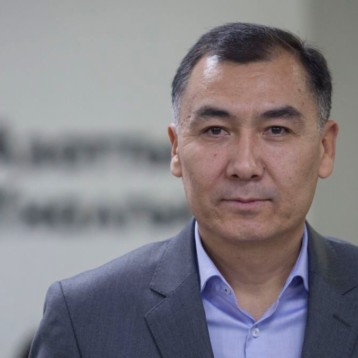
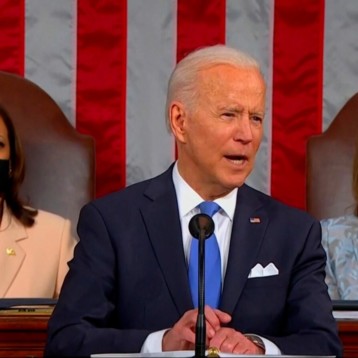
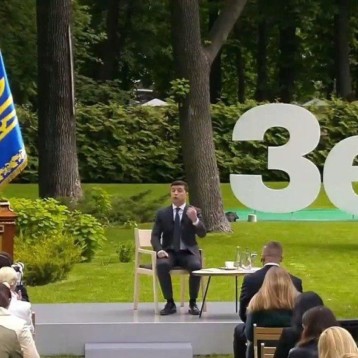
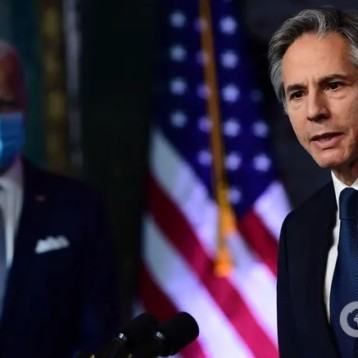
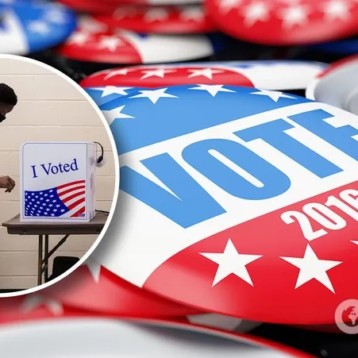
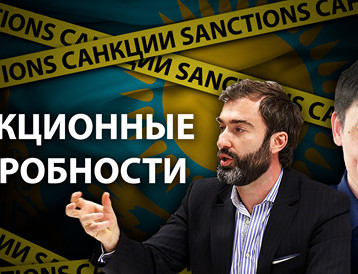
You must be logged in to post a comment.